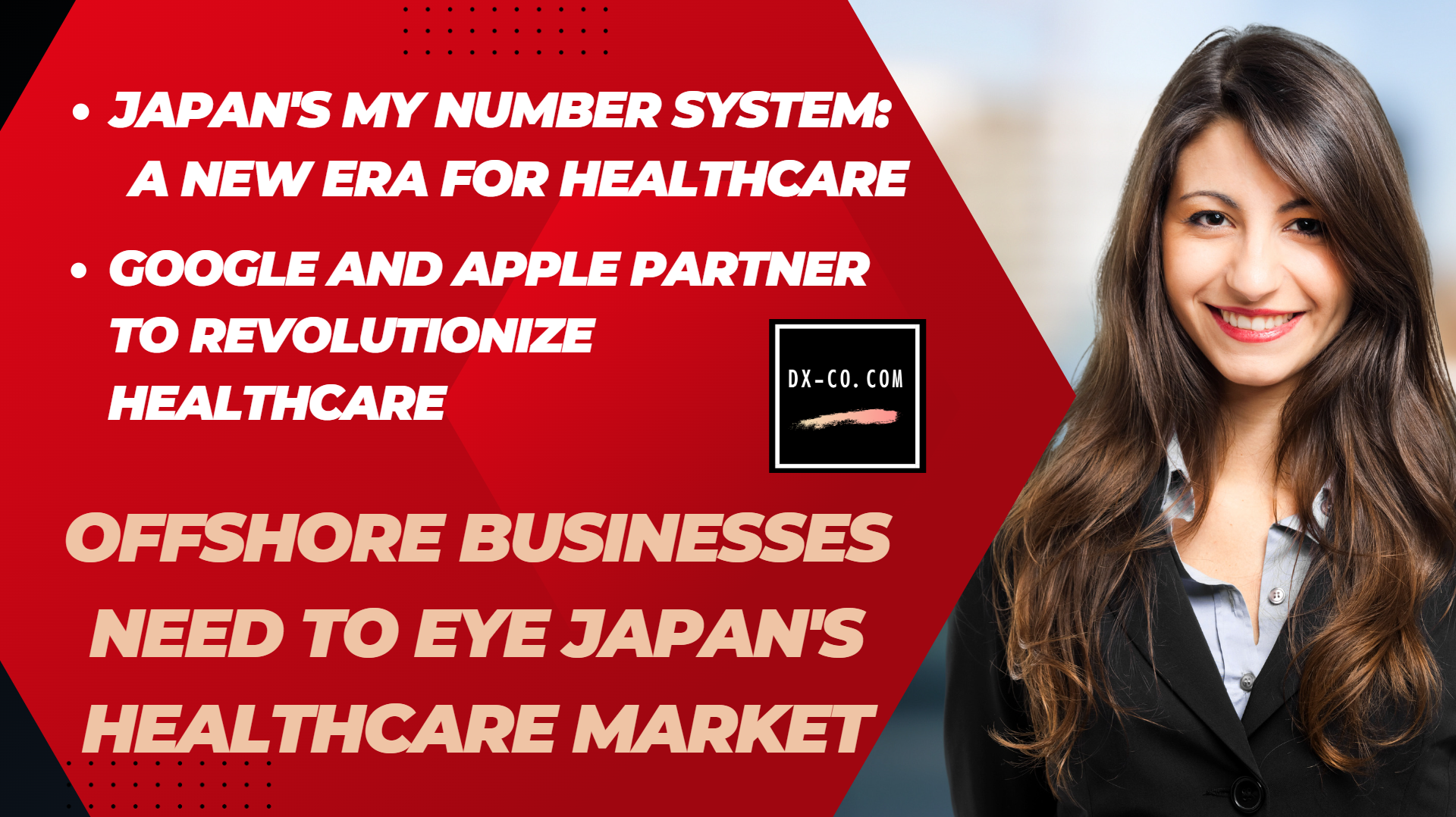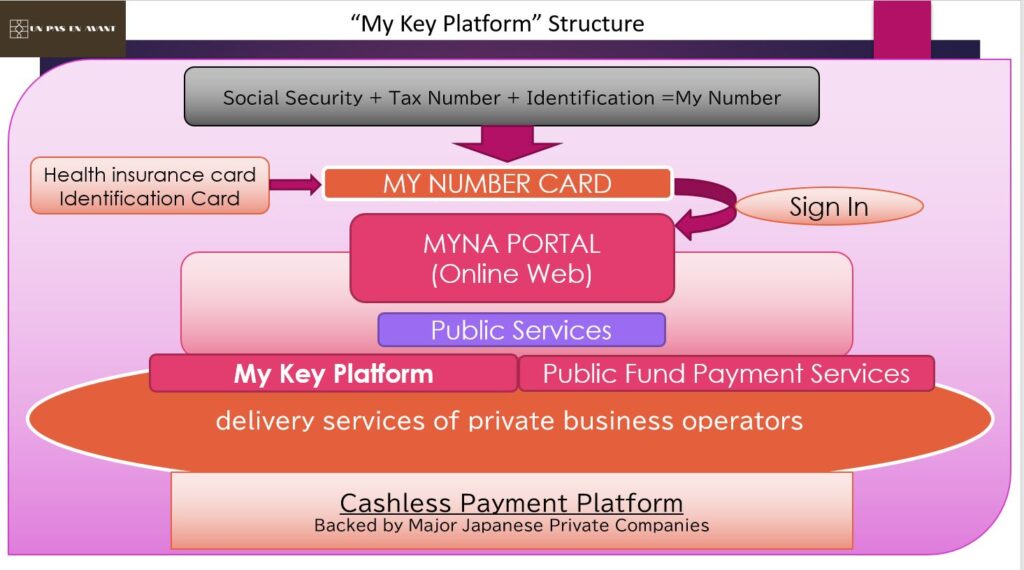
Japan’s My Number System: A New Era for Healthcare
Japan’s My Number system is a national identification system that was introduced in 2015. The system assigns each citizen a unique 12-digit number that is used for a variety of purposes, including tax filing, social security, and healthcare.
In 2021, the Japanese government began allowing citizens to use their My Number cards as health insurance cards. This change was made in an effort to reduce administrative costs and improve efficiency in the healthcare system.
As of March 2023, approximately 46 million people, or around 36% of the population, had registered to integrate their health insurance cards with My Number. The government aims to have all citizens using My Number cards for health insurance by March 2024.

Google and Apple Partner to Revolutionize Healthcare
Both Google and Apple are investing heavily in the healthcare industry. Google has acquired a number of healthcare companies, including DeepMind, Calico, and Verily. Apple has also made a number of investments in the healthcare space, including its acquisition of the medical records company Gloo.
Both companies are developing a variety of healthcare products and services, including:
- Mobile health apps that track fitness, sleep, and other health data
- Virtual doctor’s visits and other telemedicine services
- Tools to help patients manage chronic diseases
- Wearable devices that collect health data
Google and Apple are also working with healthcare providers to develop new ways to deliver care. For example, Google is working with hospitals to develop electronic health records systems that can be accessed by patients and providers. Apple is working with clinics to develop mobile apps that can be used to provide care in remote areas.
Possible Collaboration of Japanese Government, Google, and Apple
The Japanese government, Google, and Apple could collaborate on a number of healthcare initiatives, including:
- Developing a national electronic health records system (Personal Health Record)(PHR)
- Expanding the use of telemedicine
- Developing new tools to help patients manage chronic diseases
- Promoting the use of wearable devices to collect health data
Such collaboration could help to improve the efficiency and quality of healthcare in Japan. It could also help to reduce costs and make healthcare more accessible to all citizens.
Offshore Businesses Eye Japan’s Healthcare Market
Here are some business possibilities for offshore business players in the healthcare industry:
- Develop and sell healthcare software and services. Offshore businesses with expertise in software development and IT services could develop and sell healthcare software and services to Japanese companies. This could include software for electronic health records, telemedicine, and patient management.
- Provide healthcare consulting services. Offshore businesses with expertise in healthcare could provide consulting services to Japanese companies. This could include helping companies to develop new healthcare products and services, improve their healthcare operations, and comply with regulations.
- Market and sell healthcare products and services. Offshore businesses with expertise in marketing and sales could market and sell healthcare products and services to Japanese companies. This could include developing marketing campaigns, creating sales materials, and negotiating contracts.
- Provide healthcare staffing services. Offshore businesses with expertise in healthcare staffing could provide staffing services to Japanese companies. This could include recruiting and placing healthcare professionals, such as doctors, nurses, and therapists.
These are just a few of the business possibilities for offshore business players in the healthcare industry. The Japanese healthcare market is large and growing, and there are many opportunities for offshore businesses to get involved.
Here are some additional considerations for offshore business players:
- Regulatory compliance. Healthcare is a highly regulated industry, and offshore businesses need to make sure that they comply with all applicable regulations.
- Localization. Offshore businesses need to make sure that their products and services are localized for the Japanese market. This includes adapting the language, culture, and other aspects of the product or service to meet the needs of Japanese customers.
- Partnerships. Offshore businesses may need to partner with Japanese companies in order to succeed in the Japanese market. This could involve partnering with a local distributor, a healthcare provider, or a government agency.
By considering these factors, offshore business players can increase their chances of success in the Japanese healthcare market.